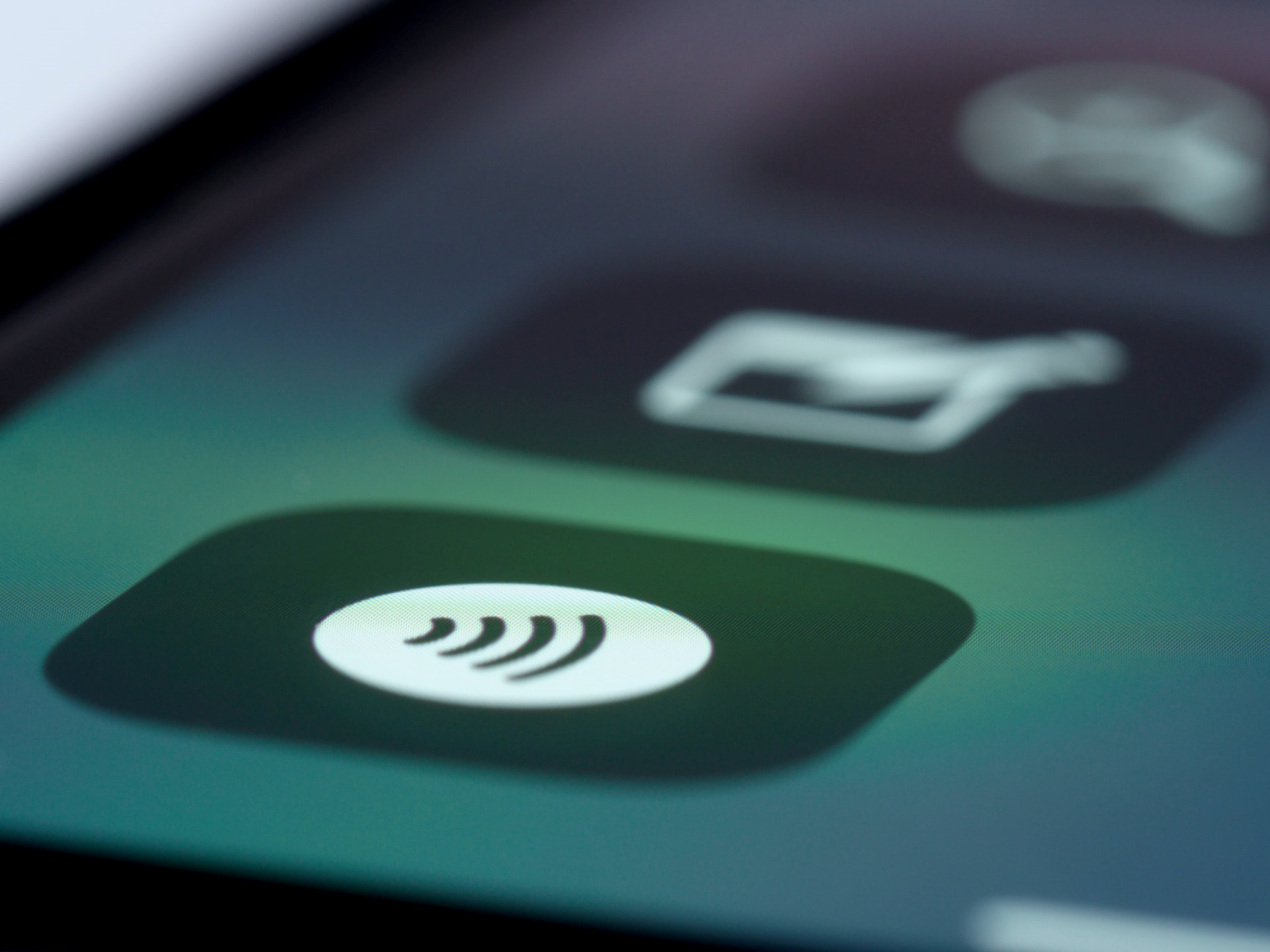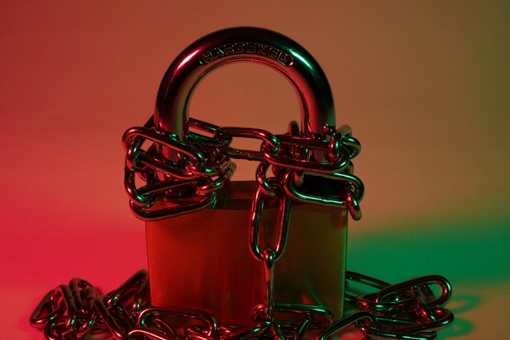How Technology Is Changing How We Treat Security Seals
Security seals have been a part of the global supply chain for many years. These inexpensive devices allow operatives (and end-consumers) to detect instances of product tampering during transit.
Now, though, technology is changing how supply chain firms use seals. No longer are they merely physical devices that indicate product authenticity. Instead, they are being upgraded to incorporate high technology that makes them even more secure.
Technology And Security Seals
Historically, supply chain firms used holographic labels. These were hard for criminals to copy and so became a popular choice. Unfortunately, they weren’t always foolproof. In cases where products were expensive or popular, counterfeiters often invested in forging security seals of their own to look like the real thing.
However, with the advent of blockchain-connected NFC (near-field communication) stickers, the situation is changing. This technology makes it impossible for counterfeiters to forge security seals using conventional methods.
How Blockchain-Enabled NFC Works

NFC tags contain a small chip that communicates encrypted data when it comes within range of a device capable of reading it, such as a smartphone. These communicate information that relates to product identity, such as serial numbers, batch numbers and their route through the supply chain.
Critically, NFC tags provide information that the devices reading them can send to the blockchain. This allows firms to create an immutable record of goods’ progress through the supply chain, proving their provenance and authenticity. Firms at each stage can confirm that products are genuine before passing them onto retailers and consumers.
Because NFC tags are near-field communication devices, there are other anti-tampering benefits. For instance, firms can place the tags covertly on the interior of products during assembly, making them harder to remove later on. Fraudsters in the supply chain may not even be aware of their presence.
Furthermore, blockchain technology allows operatives in the supply chain to work together trustlessly. Currently, firms don’t have direct oversight of each other and the supply chain itself is highly fragmented, so it is challenging to coordinate security measures. But, as a decentralized system, the blockchain does not require any formal, official oversight. Instead, the system itself generates security, so each member of the network can trust the information they receive from it.
Already, there are firms offering off-the-shelf NFC blockchain-based tracking solutions that offer these benefits. Sites such as https://authena.io/security-seals/, explain the concepts in more detail. The goal is to put a stop to product tampering and counterfeiting and improve security for brands and consumers.
Ultimately, security seals that do not use blockchain are hazardous. Certain sectors, such as food and pharmaceuticals, rely on product integrity to keep people safe. It is essential, therefore, that firms in the supply chain begin to roll out systems that provide solutions. NFC tags are a powerful option for ensuring that goods are the genuine article, not fakes.
Related posts
Sidebar
Recent Posts
The Best Forex Brokers for Beginners
Since COVID-19 first popped up, interest in the forex market has increased dramatically. Knowing how to get involved with minimal…
Maximizing Success: The Symbiosis of Dedicated Software Development Teams and Product Design Services
The Symbiosis of Dedicated Software Development Teams and Product Design Services In the rapidly evolving landscape of technology, businesses aiming…



